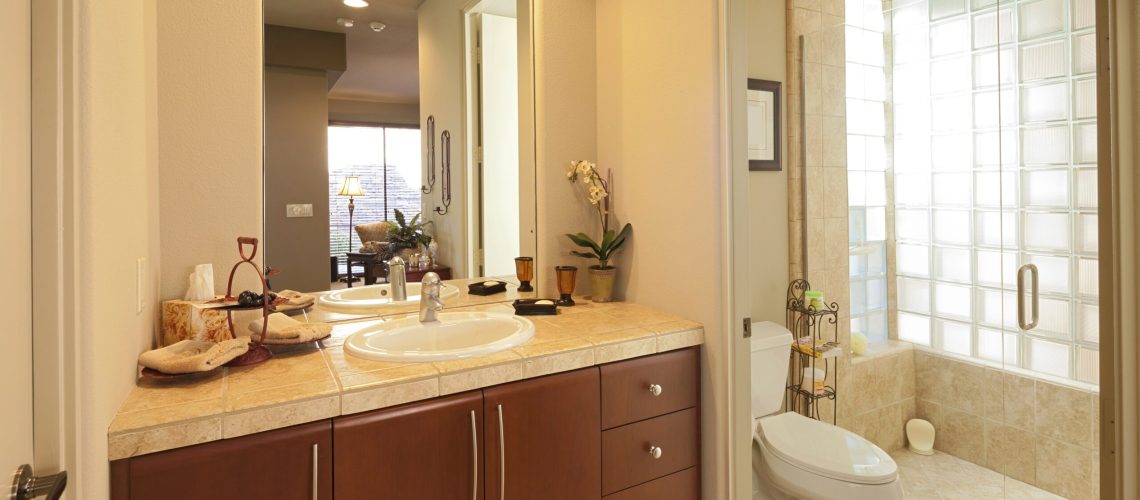Being a caregiver for a loved one is very rewarding, but it comes with its challenges, too. Likely, the topic of personal care has come up more than once. Your loved one may be having a hard time caring for their hygiene, and you are wondering what the best way to handle that could be. We offer some helpful tips on making personal care more comfortable, and some signs that help you know it’s time to seek help.
Preserve dignity
Do as much as you can to empower your loved one. Allow them to do as much for themselves as they are able. If you are dealing with impaired memory, handing them a warm washcloth can invoke the muscle memory, and they will instinctively know what to do. Otherwise, offer a gentle reminder of what they should do and afford them the time in which to do it.
Helpful tools for personal care
Sometimes people are not able to handle personal hygiene care due to mobility or manual dexterity loss. They cannot reach or don’t have the balance to bathe as they once did. Does your loved one have mobility or balance issues? If you are working with physical limitations, there are many useful tools for the bathroom. For example, grab bars for the shower, shower seats, and walk-in bathtubs all make bath time safer and less stressful.
Bath time tips
Commonly, people who have dementia may have fears associated with falling or even a fear of the water itself. Don’t make an issue of their worries or get your loved one upset. Try setting things up for them and reminding them that you are there to help. If they experience a fear of the water, try running the bath for them before they get in the room. Sometimes, it’s the sound of the water running that can cause an anxious feeling.
If you are using a shower seat, they can be uncomfortable or just plain cold. Try placing a hand towel on the bench to warm it up and make it more comfortable. You can also try using a handheld showerhead to keep the water from beating down on tender skin or splashing in their face.
Seek personal care help
If your loved one is exceptionally resistant professional care may be needed. It can be especially uncomfortable or awkward for men to be cared for by their adult daughter. An in-home care professional can help to alleviate some of this embarrassment or unease. Seeking professional personal care assistance can also help keep the family dynamic in place and keep the relationship between you and your loved one more comfortable. Additionally, having professional help can offer peace of mind with safety issues.
In closing, keep the process simple, allow plenty of time, and maintain a positive attitude. Your loved one doesn’t want to feel rushed or have an overcomplicated routine to follow. You may find this is an excellent opportunity for you to help your loved one feel more independent; assist them in the process rather than doing it for them.


